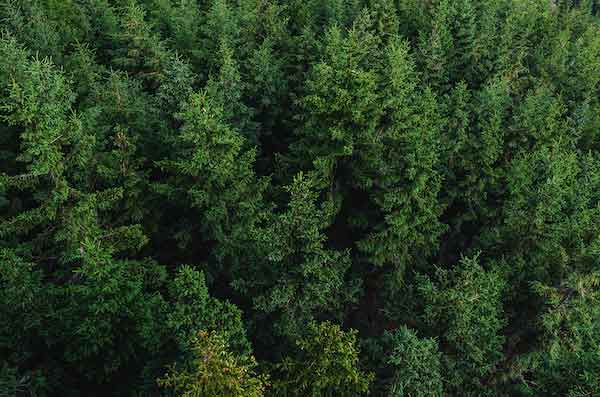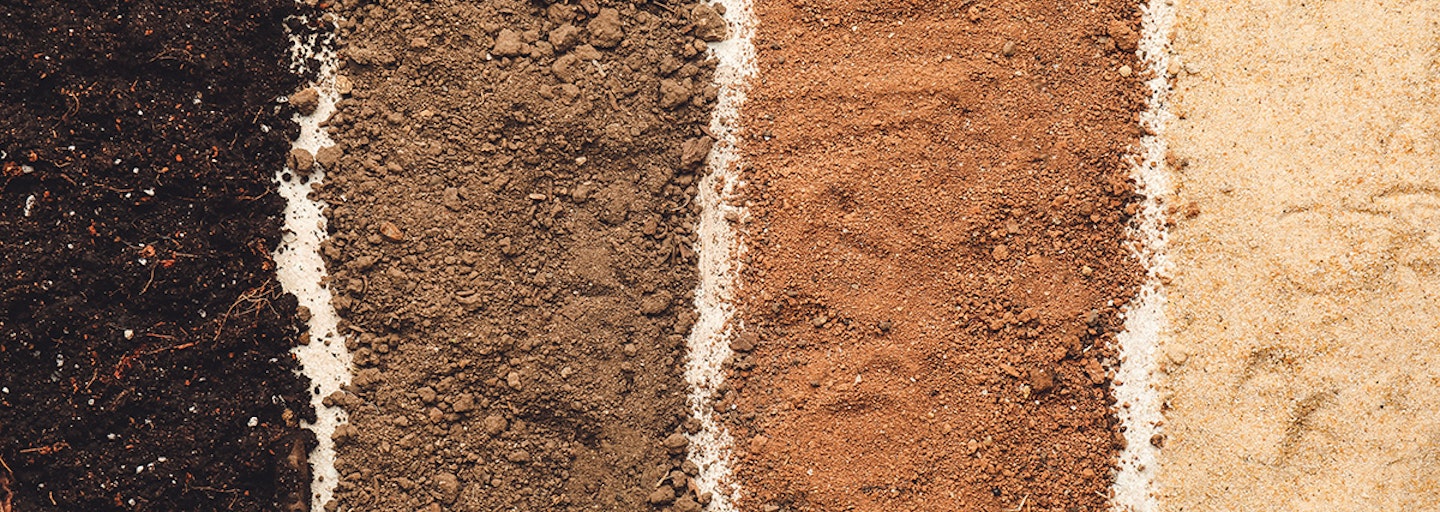The benefits of compost for different soil types in NZ
The most common soil types in NZ unearthed. Understand your soil type to help determine what steps you should take to improve your soils health with compost.
Soil is the most underrated resource on our planet! Soil not only stores more carbon than plants, minimising the release of carbon dioxide in the air, its microbes also absorb nitrogen to make it available as nutrients for plants.
Soil plays a key role in plant health which is a huge asset in the horticulture industry. It acts as a reservoir for water and nutrients. It holds onto moisture and essential nutrients like nitrogen, phosphorus, and potassium that plants need to grow. Moreover, soil hosts a diverse community of microbes that help break down organic matter into nutrients that plants can absorb.
So what elements define a good soil?
Deep
Fine-textured
Moist
Free-draining
Loamy
and have an organic-rich topsoil.
These properties best enable plant roots to take up nutrients, water and oxygen to support rapid growth.
But there are varying soil types, depending on your location, and each one has its own set of characteristics. So, where does compost fit into all of this and what remedial action can you take if your soil does not have the elements listed above?
Clay Soils
Characterized by its dense, compact texture, clay soil poses challenges for growers due to restricted root growth and potential waterlogging issues. The inherent nutrient lock-up within this soil type limits the availability of crucial nutrients for plants.
A soil with a high clay content can be greatly improved by adding compost to open up the soil. It improves drainage while maintaining the water-holding capacity of the soil and improves the granular structure of the soil by interrupting the aggregation of the clay particles.
This improves the soil porosity so that air and water can move freely through the soil. Compost will make this type of soil less stickylook and more friable. It will reduce the bulk density of the soil helping it resist compaction and enabling plant roots to better penetrate the soil.
Barnyard Compost, is made from bio-products sourced from freezing works’ waste and sheep manures. This rich organic bark fine-based compost is excellent for large-scale plantings or establishing newly planted areas. It can improve soil structure by increasing organic matter and carbon content, improving nutrient uptake to give you healthier and more productive plants.
Sandy Soils
With its loose, well-draining nature, sandy soil struggles with low nutrient retention, leading to rapid water and nutrient leaching. This soil type also faces challenges related to poor water retention and limited nutrient availability for plants.
The application of compost to sandy soil greatly improves water retention and helps keep fertilisers and nutrients in the root zone, preventing them from being leached into the groundwater.
The humus produced by the decaying compost helps bind soil particles together making a better-aggregated soil, which will hold water while allowing air and roots to penetrate, as well as improving erosion-resistance.
As sandy soils are generally low in nutrients, the application of a product such as FishGro Compost, made from marine bio-products and organic bark fines, will provide a great moisture-retaining foundation for roots to quickly access much-needed nutrients and trace elements.
Rocky Soils
Rocky soils present a unique challenge for growers due to their abundance of rocks, hindering root growth, causing water scarcity, and limiting nutrient accessibility. The presence of rocks restricts root development, making it challenging for plants to establish themselves and access water and essential nutrients.
Compost aids in improving soil structure, effectively filling the gaps between rocks, which facilitates better root penetration and growth. Furthermore, it assists in water retention, crucial in environments where water scarcity is a concern.
Rocky soils would benefit from the application of a compost like Flourish Compost. This is a mushroom-compost based compost which promotes beneficial microbial activity in the soil. It also contains animal manures to provide a rich source of nutrients, screened bark fines to help stabilise pH levels and added carbon content. This all combines to create a perfect environment for root generation and ongoing plant growth.
Loamy Soil
Though loamy soils boast balanced texture, good drainage, and high fertility, they aren't without issues. Erosion risks, nutrient depletion, and loss of soil structure due to certain agricultural practices threaten their quality.
Compost serves as a restorative agent. It helps maintain soil structure, replenishes vital nutrients, minimises erosion risks, and fosters a diverse microbial community, ensuring sustained soil health.
In this instance, Loamy soils would benefit from any quality compost. All composts naturally improve soil structure over time which will minimise erosion risks. Applying compost is also the best way to build organic matter into the soil for long term soil and plant health.
Azwood's compost range
Nutrient deficiency in soil varies depending on location and soil type. Azwood has compost solutions to suit each specific growing environment and can create custom blends if required.
Request a quoteRelated articles

Follow us
More from Azwood
Connect with us on social media to learn more and be the first to hear our latest industry updates



